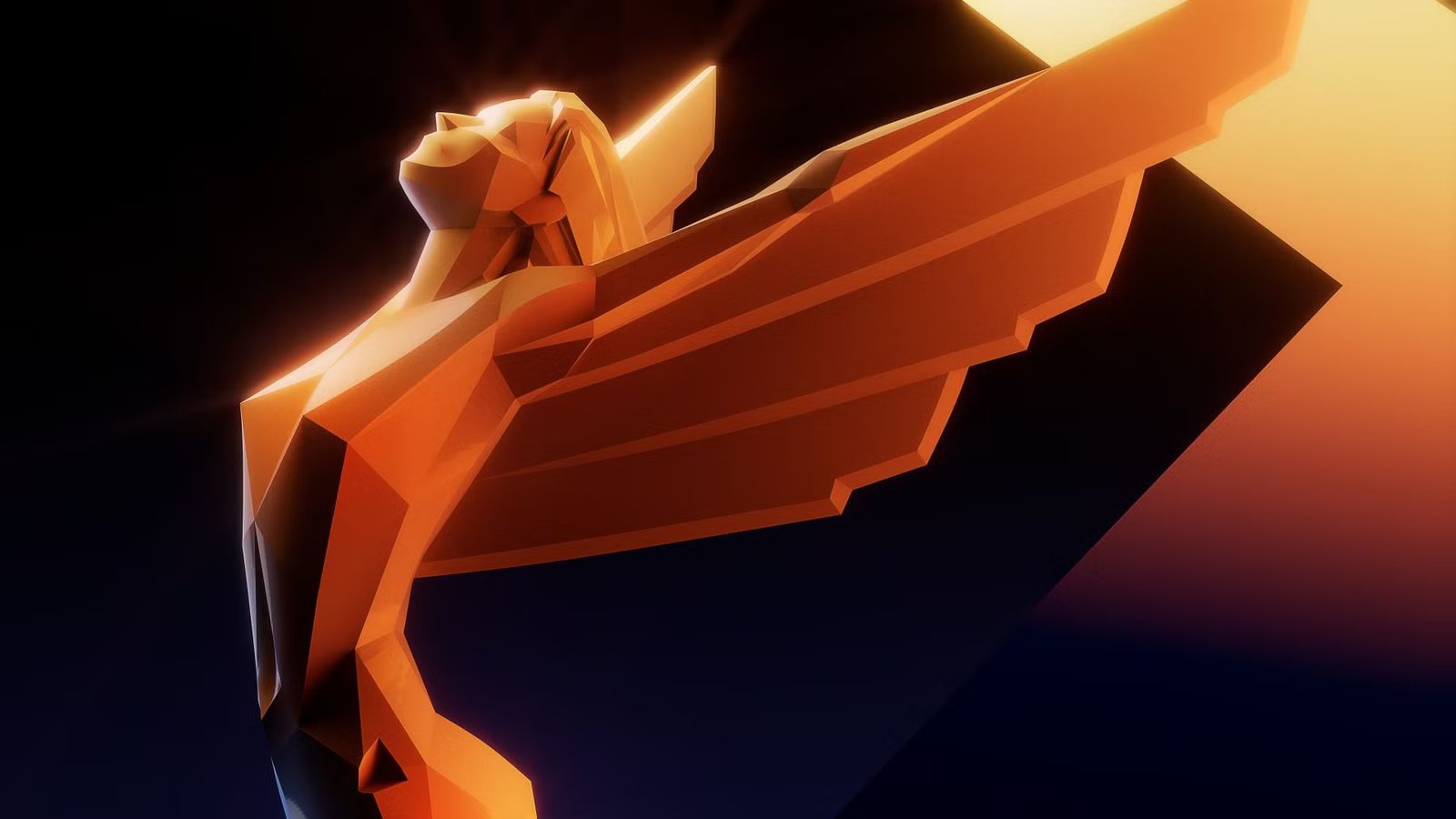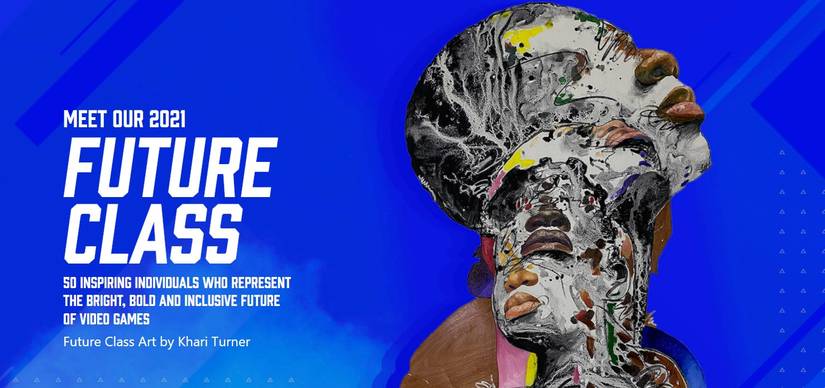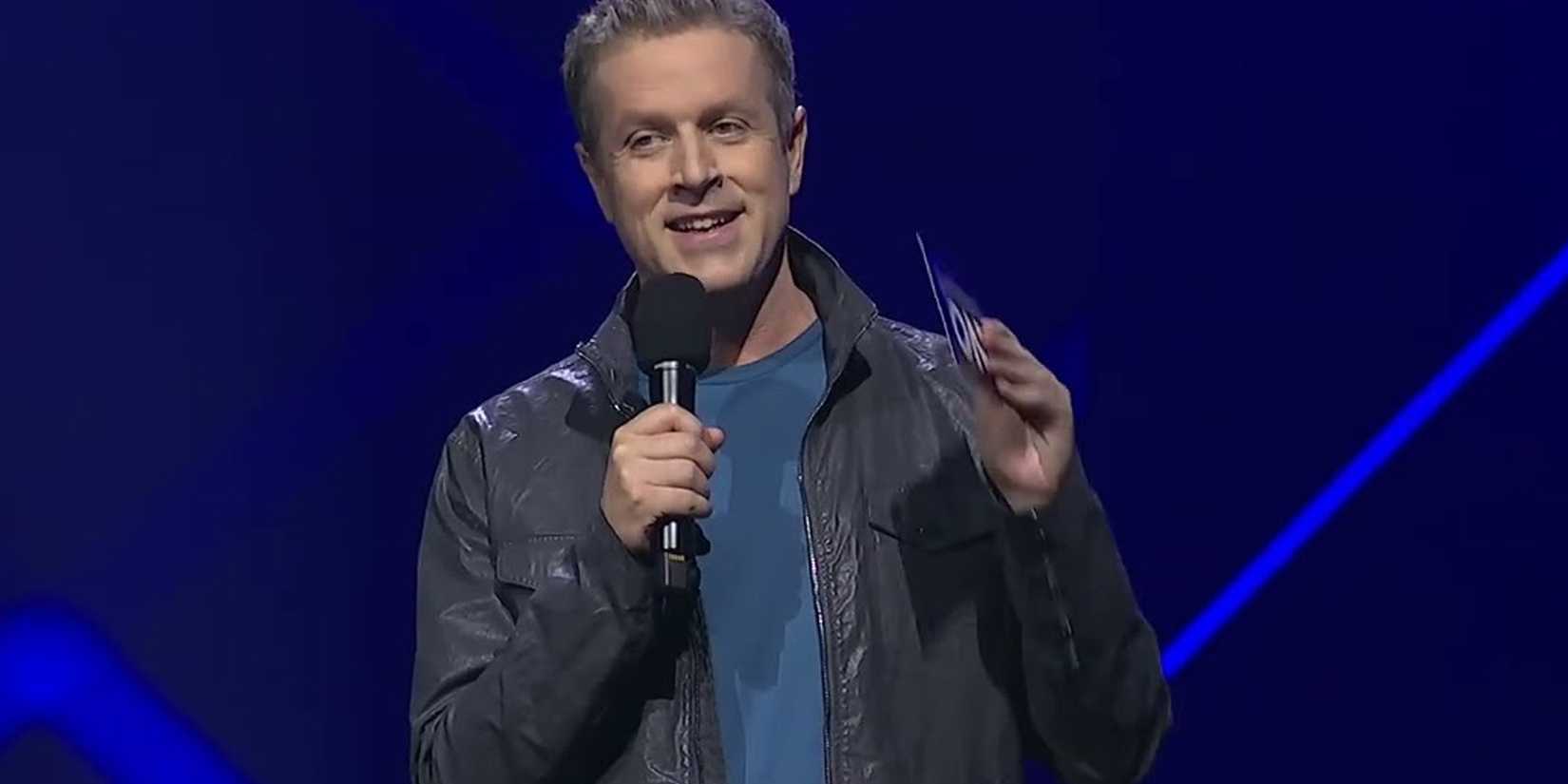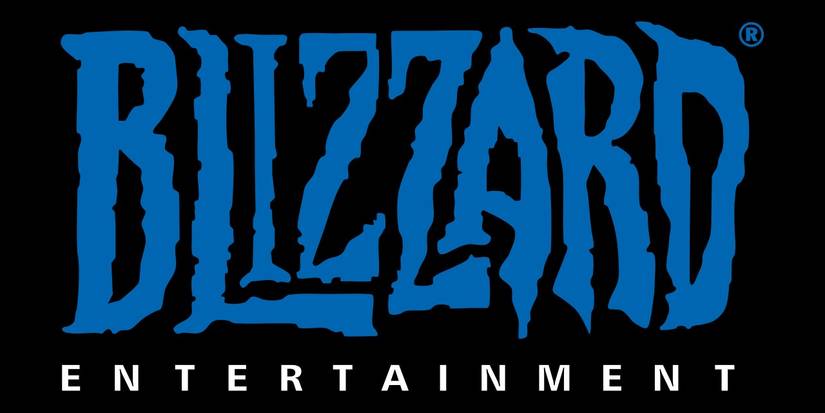The Game Awards is the biggest awards show gaming has to offer. A celebration of the very best that both casual and mainstream audiences view with appropriate reverence. That gives host and creator Geoff Keighley a huge amount of responsibility to shoulder because it is entirely up to him how to present the industry’s biggest and brightest while also providing a glimpse of what exactly the future might hold. To say the show has been divisive throughout its history would be an understatement.
It’s frequently been lambasted for putting world premiere trailers and gaudy advertisements over the awards that should take precedence, often throwing lots of them into the pre-show or rushing winners off-stage before they have a chance to give heartfelt speeches. There is obvious financial incentive to ensure as much of the runtime as possible is dedicated to reveals and commercials designed to bring in profit and excite viewers, rather than to celebrate games and the people who create them.
Considering the dire and unsustainable state this industry finds itself in today, The Game Awards reflecting those corporate machinations is no surprise. Though ostensibly about championing games and the next generation of creators, it has often felt far too openly driven by advertising and a suffocating neutrality to support much of anything. And yet, it will keep on growing.
The Game Awards’ Future Class Is No More
Back in 2020, The Game Awards introduced a new initiative known as Future Class. This wasn’t a new award category, but instead a means to nominate and highlight a variety of emerging voices in the industry, ranging from developers to community managers to press.
As someone who works within this industry, it was a worthwhile way of both celebrating my peers and connecting with new talent, not to mention how it often included many BIPOC and queer folks who otherwise wouldn’t receive mainstream recognition like this. It was a brave highlight within a show that so often was dominated by corporate practices. But now, after being absent from last year’s show following an open letter from its 2023 committee that the show addresses the humanitarian crisis in Gaza, Future Class is now being abandoned entirely. The letter, and its request, were ignored.
2023 Future Class member Emma Kidwell (Marvel’s Midnight Suns) had this to say over on BlueSky last week: “looks like all mention of the future class program (which started in 2020) has been wiped from TGA webpage the only archive that proves it existed is through the wayback machine.”
The death of Future Class was further cemented in a recent report by Game Developer in which it discovered that organiser Emily Weir had this to say in the official Discord: “Last year we completed our promised cycle of programming for the 2023 FC with our TGA mixer, and did not induct a new Future Class. At this time, we are not planning a new Future Class for this year and do not have any active programming plans for Future Class.”
This tone suggests The Game Awards is quite bitter about the very existence of Future Class, and how, upon fulfilling all of its obligations to its final roster, it can now move on to bigger and more important things. Future Class was initially introduced to highlight talent in an industry where so many voices are unrepresented, and in doing so connect them with a new community, job opportunities, and more.
It was a valiant cause that, in its first three years at the very least, seemed to be viewed quite positively. But voices such as this are also aware of how volatile the video game industry is right now, and how corporations should know their platforms can be used for more than just making profits hand over fist.
Industry Talent Deserve Better Than The Game Awards’ Future Class
Future Class was an uplifting initiative with admirable goals, so much so that I wanted to nominate not only friends, but people in the industry around my age who deserved more recognition. I’m not a big fan of this award show, but considering the undeniable presence it has in the field of work I call home, why not try and appreciate the positives. Unfortunately, it was too good to be true, and Geoff Keighley was only going to sustain this progressive initiative so long as it didn’t step on the wrong toes.
There have also been complaints by members that the mentorship options along with other promises associated with Future Class felt empty, and there was very little action taken by The Game Awards to rectify this. It seemingly wanted the positive press associated with championing new talent in the industry but seemed otherwise disinterested in ensuring each of its members felt valued.
Large companies don’t like to take political stances, and neither do major award shows. I know we like to view The Game Awards as a loving celebration of the medium, but it’s also designed to make as much money as possible in the process. There is a general feeling that The Game Awards’ neutrality was compromised by Future Class, and this was considered grounds for its shuttering.
Back in 2021, when multiple claims of major, prolonged abuse at Activision Blizzard (one of the show’s partners) broke a few months before the ceremony, Keighley opened the show with a generic speech about protecting developers, but cautiously did not reference any real events. Activision Blizzard was removed as a partner that year, but Keighley later admitted the company was involved in writing his speech.
I understand the desire that Keighley has not to draw political lines in the sand. But his soft stance on industry layoffs and corporate scandals highlight The Game Awards as a show that doesn’t fully care about why the video game world operates in the ways it does.
It is a machine powered by irrational hype, unsustainable budgets, and a grim business model that fills the pockets of executives. That’s a model endorsed by The Game Awards every time it prioritises advertising over celebrating its own awards. The Game Awards already doesn’t dedicate the deserved time to nominees and winners, and now it would rather neuter the next generation of talent once represented in Future Class because they risk making the show look bad.
Why didn’t The Game Awards look at what the Future Class did wrong and try to improve upon things instead of abandoning it completely? It makes the biggest gaming show of the year look like it doesn’t care about the future of this industry beyond whatever blockbusters can be championed in the form of lucrative trailers.
You can’t even view past Future Class members on The Game Awards website anymore. It feels like an erasure of progressive voices within an industry that is so accustomed to trying to silence them. With so much talent burning out only to leave this industry behind or being phased out in favour of AI, we need a platform like this more than ever.

- Location
-
Peacock Theater, Los Angeles
- Dates
-
December 12, 2024





Leave a Reply